Late last year, I found myself so annoyed at authors who fill the synopsis section of their book’s description with so much praise I can’t decipher what the book is actually about that I wrote a whole post about it. You can read it here.
This morning I had a similar experience, leading me to a similar response. I’ll start with a couple screenshots, see if you can guess my complaint by the common denominator.
Did you figure it out? Look authors, I realize Amazon stopped using tags and I realize that tags were a useful way to find books, as well as something authors could manipulate and feel like they were doing something significant to work their books up the recommendation chain. I get it, I do. I even tried it once when I was new. But tags do not belong in titles! (This is just my opinion, of course, but I’m pretty firm in it.)
I find it especially irritating in cases like the first and last examples above, when at least one word of each of the tags in included in the title itself. This means that anyone searching those words would get the book even without the tags. (And as an aside, I could write another whole rant on mixing incompatible genres, like in that 3rd example. How can you have a YA, threesome erotic novel? You shouldn’t be able to? It goes against what it means to be YA.)
Let me break this down for you, from a reader’s perspective. I’m scrolling through the list of millions of books available to me as a reader, yes? I’m glancing at covers and titles to see what interests me. If I come across Fantasy: Immortaland: The Greatest Fantasy Kingdom To Exist And That Will Ever Exist (Fantasy Story, Epic Fantasy, Magic Kingdom, Fantasy Adventure) I have to stop and pick through all those extraneous word to find the actual title. Do you know what my reaction to this is? ‘That’s too much trouble’ and I scroll right by. That’s right. This practice is losing you sales in a very real way.
What’s more, it looks desperate. It says to me that this author is so desperate to be noticed they’re attempting to rig the system. Yes, I know how hard it is to be noticed, but getting noticed for trying to get noticed is a little pitiful.
Then there is the fact that sites like Goodreads pull the book’s details from Amazon and thus indiscriminately pull the data from the title line, along with all those tags, into their metadata where it really is useless.
And what if I’m the sort who likes to hide my kinky side? I don’t necessarily want that kink readily apparent in the title. Just because my seven-year-old sees me reading a book called Strictly Business doesn’t mean I want to yet explain what Strictly Business: Gay, M/M, BDSM, Dom/sub, billionaire, CEO, taboo (Courtland Chronicles series Book 2) means. The same argument could be made for someone reading outside their religion, or above their age limit, or in a professional setting, etc.
It’s my further understanding that this is an outdated mode of getting your book found in the first place. According to a 2009 post (that’s right six years old) Google no longer uses metatag keywords in their searches at all.
And you can guarantee that if Google has given it up the rest of the Web isn’t far behind. After all, there’s surely a reason Amazon removed the tagging option in the first place.
So, this practice of obscuring your title with tags annoys readers (at least this reader), means some kinky readers have to avoid your books, looks ridiculous, and probably doesn’t really do much. So, I’d be interested in hearing why authors and publishers seem to be ramping up the use of the practice. The five examples I used above took me mere moments to find and I could pull dozens more.
How about this one:
According to the cover, the title of the book is The Barony Letter and the series name is Liath. (You might be tempted to think it’s the other-way around, due to which is most prominently displayed, but you’d apparently be wrong. I was.) But the author has chosen to put the tag Historical Romance, before the actual title, as if the book is called Historical Romance: Liath: The Barony Letter. Sorry, I have no desire to read anything so clumsily titled, or any book that I have to work so hard to figure out the basic information of, for that matter.
Here’s more: HISTORICAL ROMANCE: The Marriage Was Not The Best Suited For Our Love HISTORICAL ROMANCE Short Story (Historical Romance, Regency Romance, Historical Romance … Romance books, Historical Romance Novel), Mystery: Whispers of Silence (Mystery Books, Mystery Romance Novels, Thriller Romance, Mystery Romance Books, Mystery Romance Series), Ancient Egypt: Discover the Fascinating World of Ancient Egyptian History, Myths, Pyramids and More: Ancient Egypt, Ancient Egypt Fiction, Ancient Rome, Ancient Greece, Egyptian History, Egypt, A Firm Lesson Learned (Hot Neighbor, Alpha Male, Gay M/M Man Next Door, Mind Control Paranormal)
Is it starting to look like gobbledygook yet? I know I can’t tease out the titles from all that other nonsense. (For the record, that’s four books in the paragraph above.) And I can’t even blame it on one author or publisher. These are mostly all different writers crossing genres from gay erotica to mysteries to non-fiction. Though, it does seem most common in the romance & erotic genres.
So, from one serious, several-hundred-books-a-year reader, please authors, PLEASE, stop doing this. It drives me batty and puts me off your books. If you really want that information available to readers, put it in the synopsis. That’s what it’s there for.
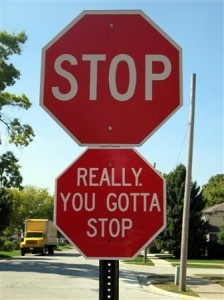
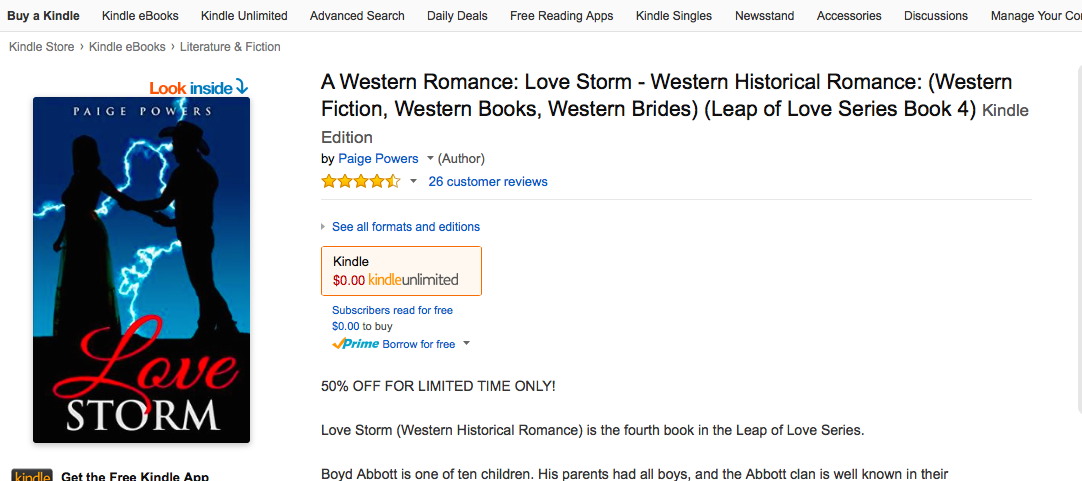
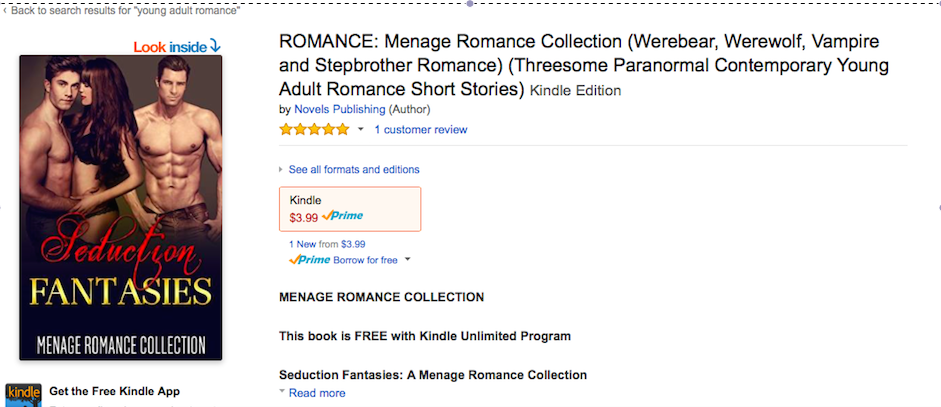
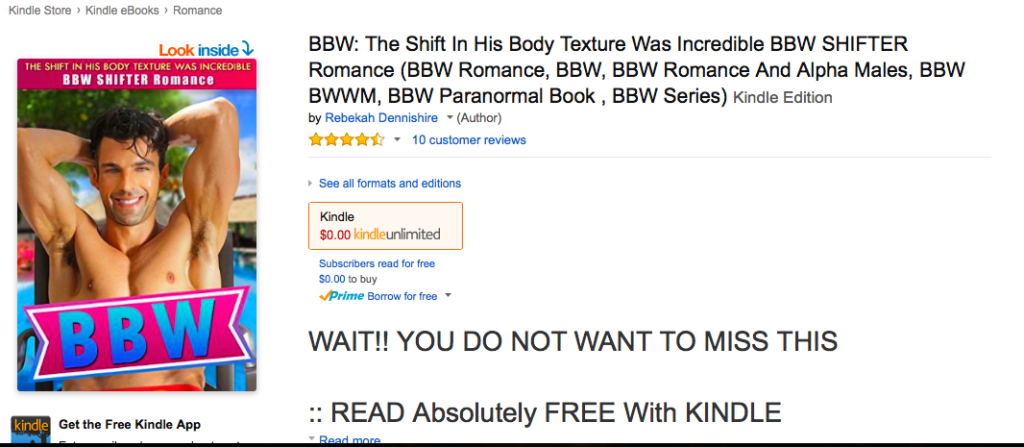
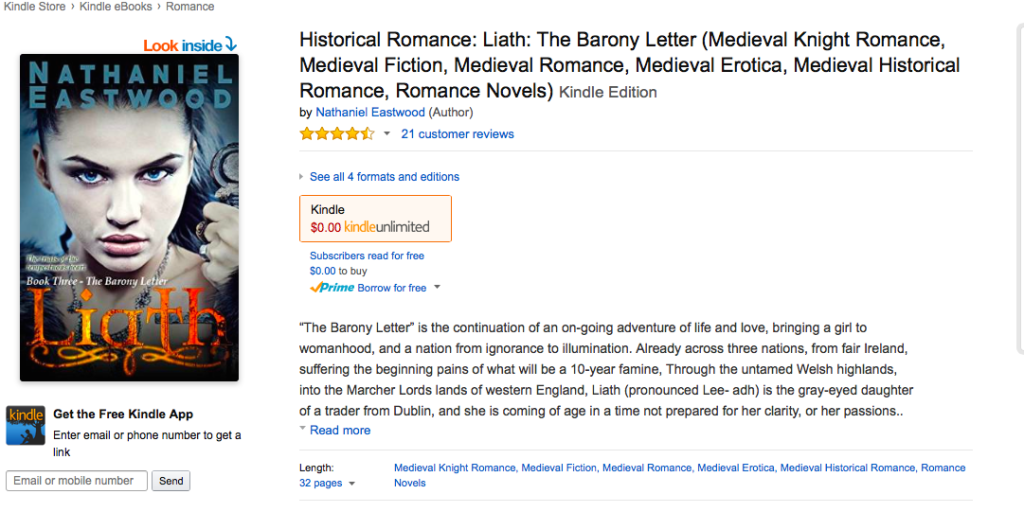
I came across this one today and just had to share.
Seriously, Did I need ‘Gay Romance’ to bracket the title for me to notice that this is a gay romance? And just in case I did miss it, did I need it listed as the author of the forward too (though that may be a group or something, but I doubt it). And if I still missed it, luckily the word gay is used 13 times in the two paragraph book description. (That’s 16 times in one brief glance at the book.)
Now, this is almost so extreme that it strikes me as a parody. I’m tempted to read it just to find out. I really, REALLY hope it is and someone didn’t do this purposefully.